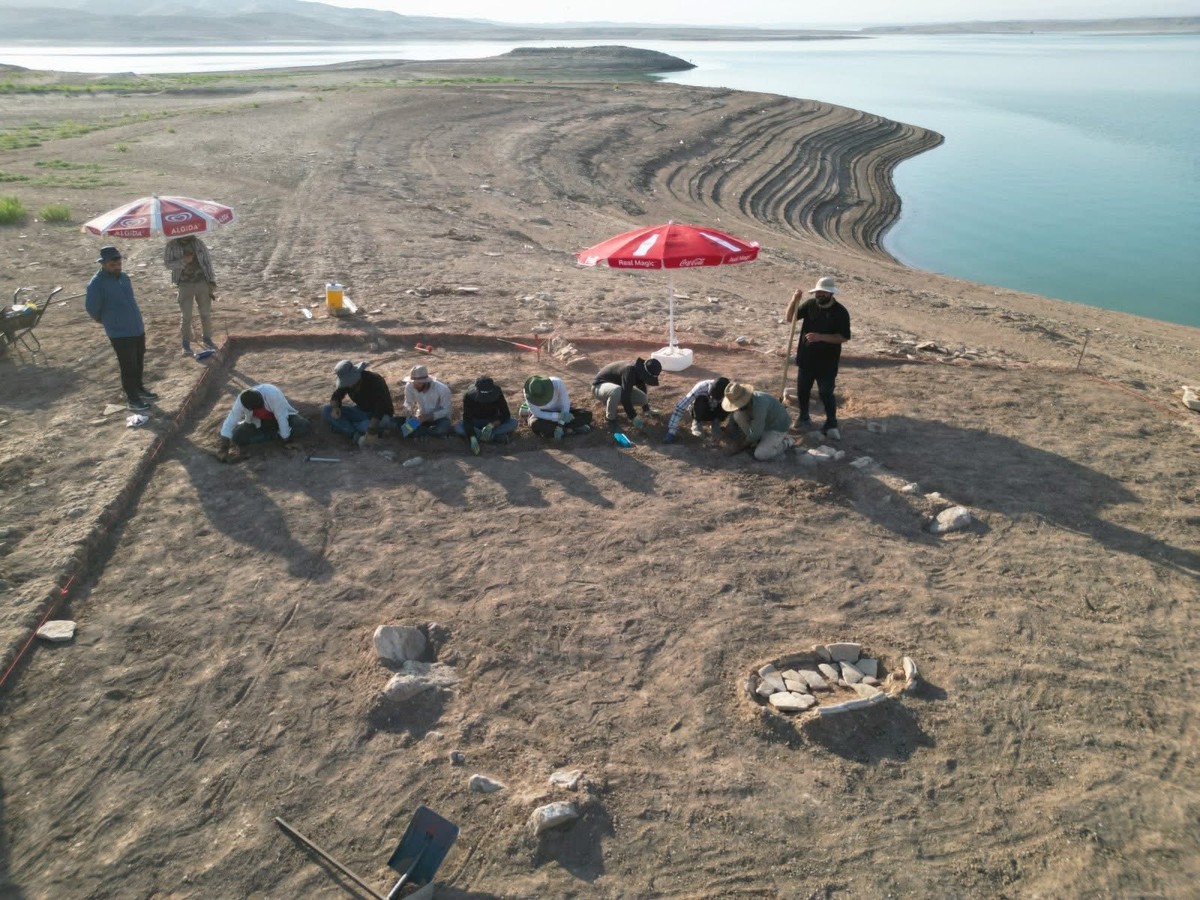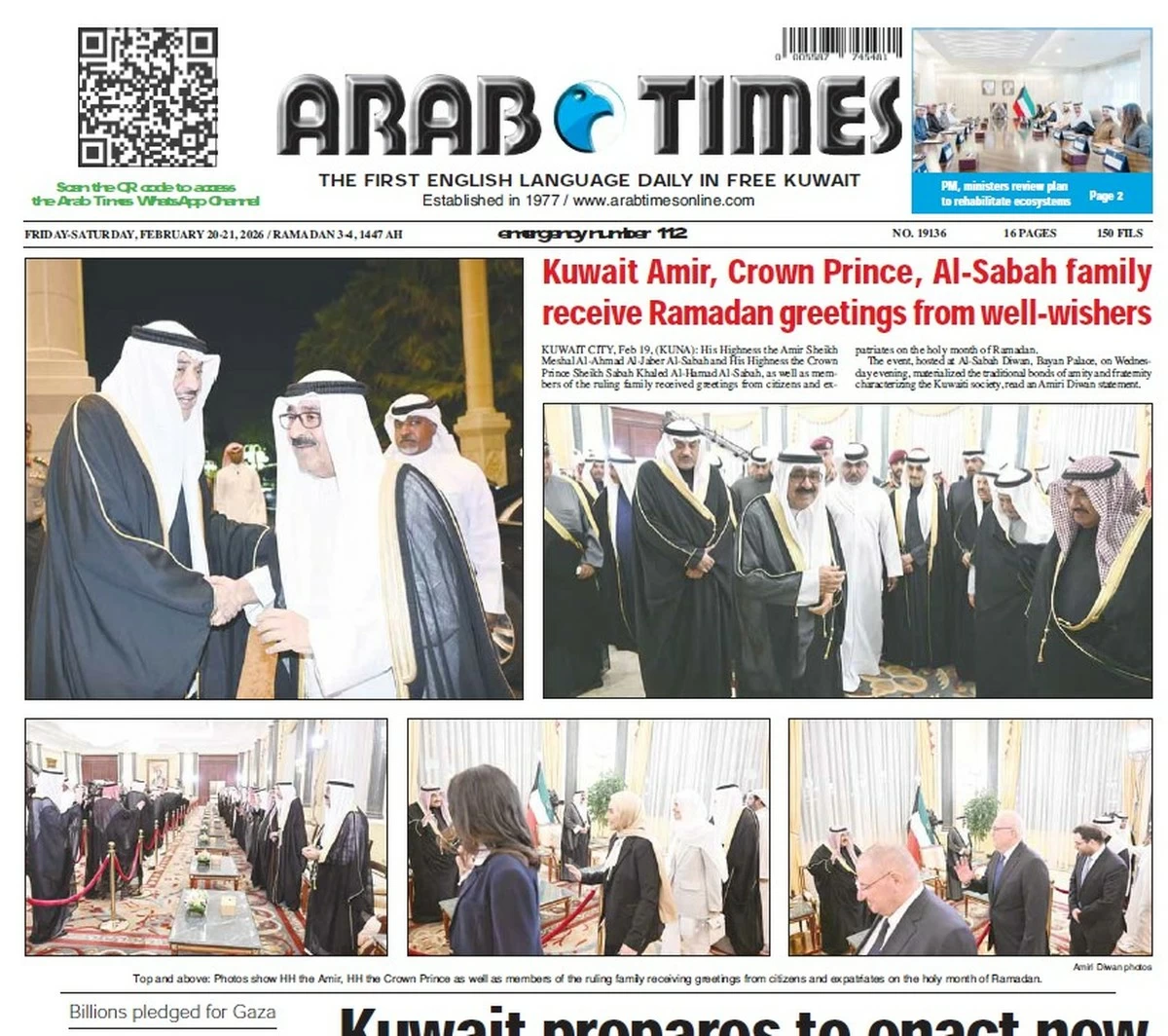30/08/2025
30/08/2025

IRBIL, Aug 29: A team of archaeologists has excavated an ancient city dating back about 5,000 years in Dohuk Governorate, Kurdistan Region, northwest Iraq, the Directorate of Antiquities and Heritage announced Friday.
The discovery was made near Khanke town in Semel district after the waters of Mosul Dam Lake receded this year, prompting intensified excavation work to rescue archaeological remains.
According to the directorate, the site includes the largest known cemetery from the Hellenistic-Seleucid era (around 300 BC), containing 40 tombs with clay coffins uncovered so far.
Director of Antiquities and Heritage in Dohuk, Dr. Bekas Brifkani, said the city reflects continuous habitation for nearly 5,000 years, with relics spanning the Nineveh 5 period, the early and middle Bronze Age, the Mitanni era, the Neo-Assyrian period, the Hellenistic era, and the Islamic age.
He noted that the site had been submerged since the construction of Mosul Dam in 1986, but has reappeared due to the significant decline in water levels this year.
Brifkani stressed the importance of the find, highlighting its role in documenting the long cultural continuity of the region. Excavation and rescue operations remain ongoing, with all discovered artifacts to be transferred to the Duhok National Museum for preservation and study.


